Ticks are small parasites that belong to the same family as spiders. There are different types of ticks. They can be divided into "hard" and "soft" ticks. I mean the tank. Not every tick has such a protective shield. Only hard ticks are found on horses, soft ticks are mostly found on birds.
What happens when a tick bites a horse?
Ticks need blood to survive. For this they have to bite animals (or humans). Most ticks appear in spring and summer. Ticks can be anywhere. Zi are mainly found in high gas and scrub areas, but there are also many ticks in wooded areas. After a tick lands on your horse, it will walk around for a while before biting. They look for an area where the skin is a little thinner. A tick bite is not very serious. Usually your horse doesn't feel it. Now and then slight skin irritation can occur, but this is hardly noticeable due to the fur. Nevertheless, tick bites are not harmless, because ticks can transmit diseases through this bite.
Once the tick has bitten, it sucks blood. This is very slow. Because tick saliva inhibits blood clotting, ticks can suck blood for longer than other blood-sucking parasites (like mosquitoes). An unaffected tick is difficult to recognize and only a few millimeters in size. Ticks are usually only noticeable when they are already full, because then they are larger (sometimes even more than 1 centimeter). The saliva of the tick also contains the pathogen. As a rule, it is assumed that the pathogens are only transmitted after 24 hours. In fact, it shows that pathogens enter the saliva continuously, but it takes about 24 hours (for most pathogens) to reach a concentration high enough to cause disease. It is also true that as long as a tick is still sucking, blood drains through the bite wound. The pathogens that are in the tick's saliva have little chance of getting into your horse's body. Because a tick takes about 24 hours to feed, the pathogens are transmitted just before the tick falls off your horse. Removing a tick does not have the same effect. The tick will then continue to actively suck blood, so that the pathogens are smuggled out again.
It is important to remember that not every tick in the Netherlands is infected with pathogens, and not every infected tick actually transmits the disease. The probability of contracting one of the diseases that ticks can transmit is therefore very small.
What diseases can ticks transmit?
Lyme disease is the best-known tick-borne disease. Although horses are also susceptible to Lyme disease, your horse is more likely to contract lesser-known diseases such as anaplasmosis and piroplasmosis. These diseases are accompanied by symptoms such as fever, lethargy and yellowing. A tick can even transmit several of these pathogens at the same time, so your horse can be infected with several diseases at the same time.
What is the best way to remove a tick from my horse?
There are many different stories about the best way to remove a tick. It is important that you remove the tick completely without damaging it. It is unwise to numb the tick with alcohol beforehand, as this only increases the risk of disease transmission. If you use a special tick remover, tweezers or a spoon, you are most likely to remove the tick completely. It is best to place the tick remover as close as possible to the skin and then pull it off. After removing it, it is best to clean the spot where the tick was with a little alcohol. Removed ticks can be kept in a jar and given to your veterinarian. He can send the tick to determine which tick it is or to investigate what pathogens the tick is carrying. It is good to know that only a small proportion of ticks in the Netherlands are actually infected with a pathogen. In addition, an infected tick does not always actually transmit the disease.
Can I prevent ticks on horses?
It is best to avoid tick bites. Unfortunately, there are no products available that are approved for horses. Therefore, it is very difficult to prevent tick bites. That's why it's very important to regularly check your horse for ticks in the spring and summer. Especially after an outdoor ride or if you live in a wooded area. If you remove a tick within 24 hours, the chance of disease transmission is usually very low. So you need to remove the ticks as early as possible. After an outdoor ride, it may be wise to wait a few hours before examining your horse, as ticks that are not clogged are too small to see properly.
This text was translated by a translation machine
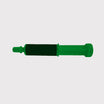 Horse Pharmacy
Horse Pharmacy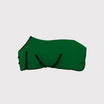 Rugs
Rugs Care
Care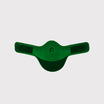 Saddle and Attachments
Saddle and Attachments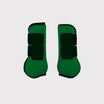 Leg Protection
Leg Protection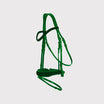 Bridles
Bridles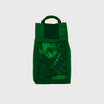 Feed
Feed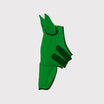 Fly Masks
Fly Masks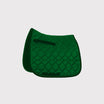 Saddle Pads
Saddle Pads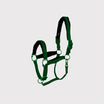 Headcollars and Ropes
Headcollars and Ropes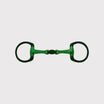 Bits
Bits Other Disciplines
Other Disciplines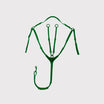 Reins and Auxiliary Reins
Reins and Auxiliary Reins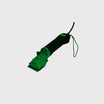 Clipping
Clipping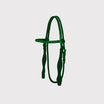 Western
Western Eventing
Eventing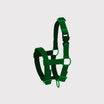 Foals
Foals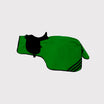 Reflection
Reflection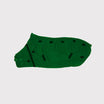 Therapy Products
Therapy Products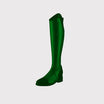 Boots and Shoes
Boots and Shoes Breeches and Belts
Breeches and Belts Tops
Tops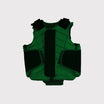 Safety
Safety Competition
Competition Heated Clothing
Heated Clothing Gloves
Gloves Socks
Socks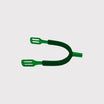 Spurs and Attachments
Spurs and Attachments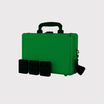 Technology
Technology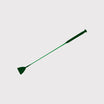 Whips
Whips Gifts
Gifts Casual Wear
Casual Wear Underwear
Underwear Rider Pharmacy
Rider Pharmacy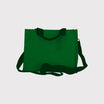 Bags
Bags Books
Books Laundry supplies
Laundry supplies Jewelry
Jewelry Feed and Waterbowls
Feed and Waterbowls Equipment
Equipment Tack Room
Tack Room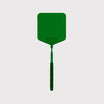 Pest Control
Pest Control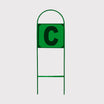 Arena
Arena Horse Toys
Horse Toys Wheelbarrows
Wheelbarrows Yard
Yard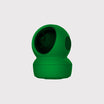 Surveillance
Surveillance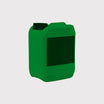 Disinfect
Disinfect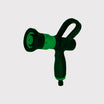 Washing Area
Washing Area Lighting
Lighting Horse Pasture
Horse Pasture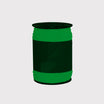 Current Conductors
Current Conductors Pole
Pole Insulators
Insulators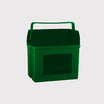 Energisers
Energisers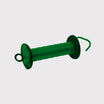 Gate Handles
Gate Handles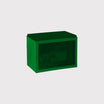 Batteries and Accumulator
Batteries and Accumulator Nets
Nets Grounding
Grounding Tools
Tools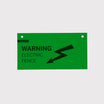 Fencing Security
Fencing Security Wolf Defense
Wolf Defense Fencing Sets
Fencing Sets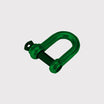 Fence locks
Fence locks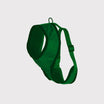 Dogs
Dogs Cats
Cats Rodents
Rodents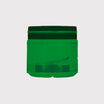 Dogs Pharmacy
Dogs Pharmacy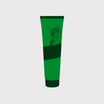 Cats Pharmacy
Cats Pharmacy Rodents Pharmacy
Rodents Pharmacy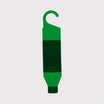 Cattle Pharmacy
Cattle Pharmacy Poultry Pharmacy
Poultry Pharmacy Veterinary Supplies
Veterinary Supplies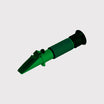 Cattle
Cattle Sheep and Goats
Sheep and Goats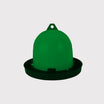 Poultry
Poultry Heat Lamps
Heat Lamps Calves
Calves Marking
Marking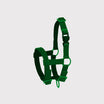 Halters
Halters